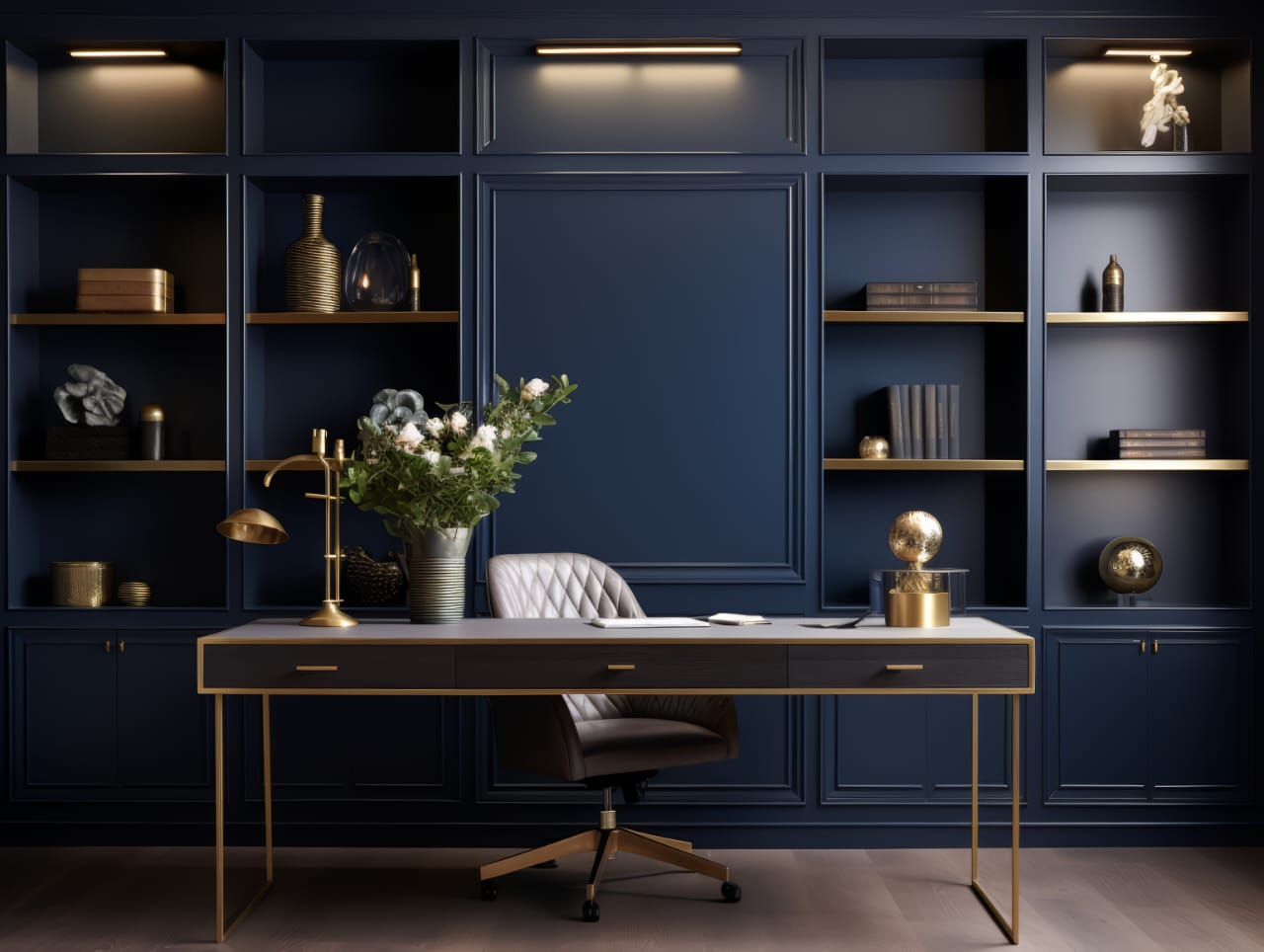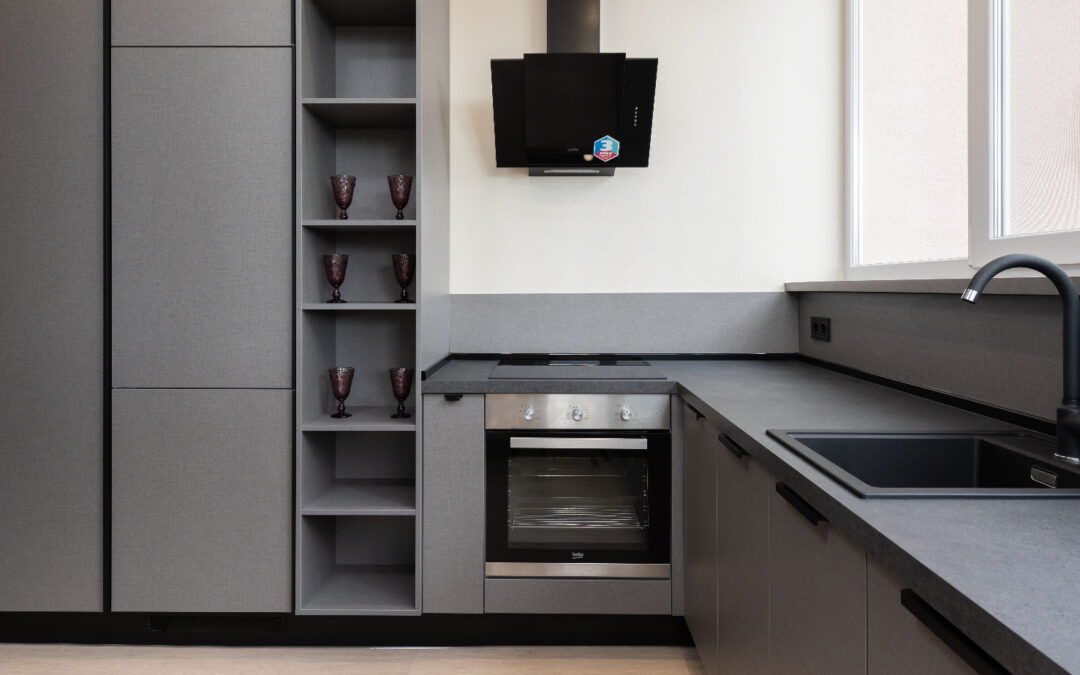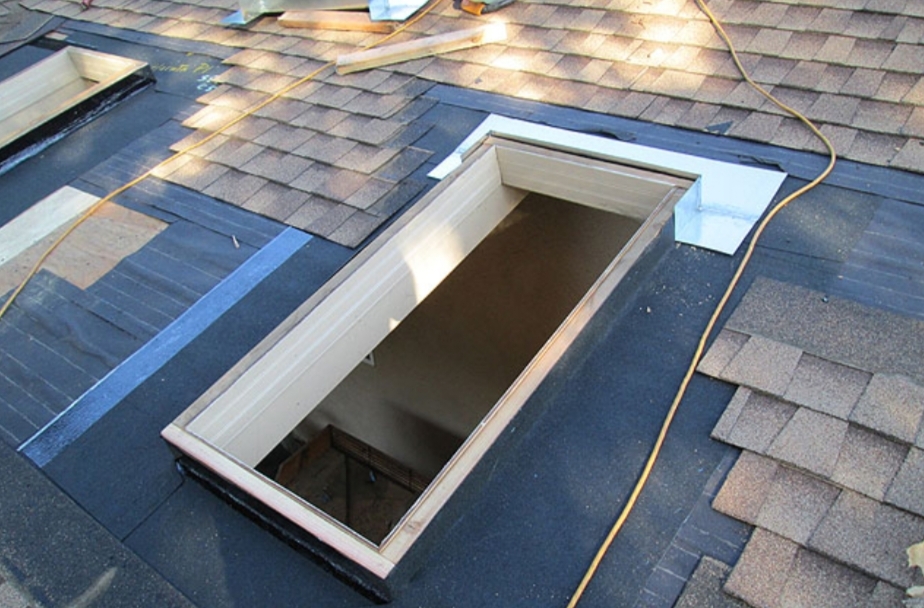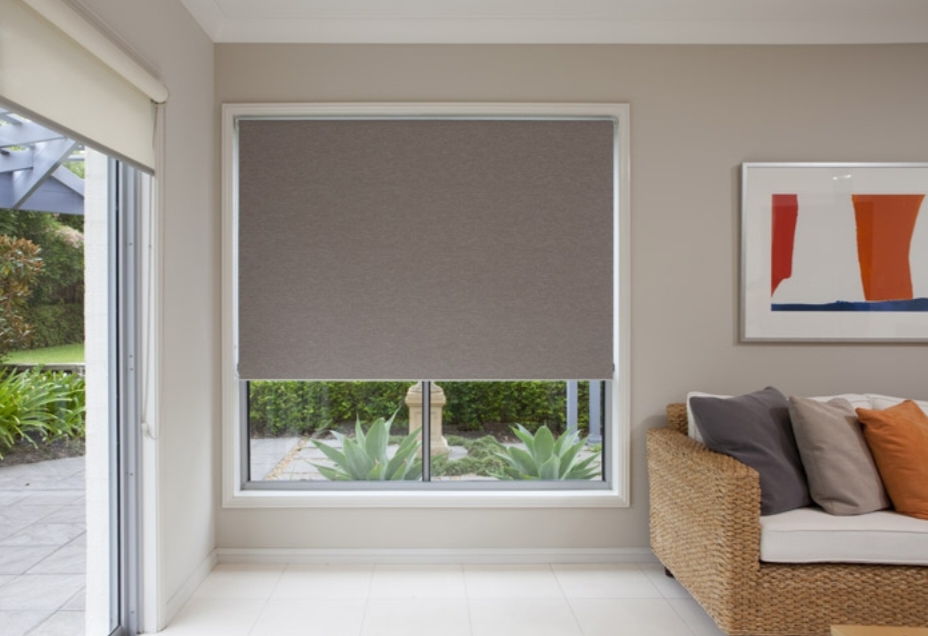Designing your home office can be an exciting yet challenging task, especially when it comes to choosing the right desk. The desk is the focal point of your workspace; it serves as your command center for productivity, creativity, and organization. Whether you’re working from home full-time, part-time, or just need a space for occasional tasks, selecting the best desk is essential for ensuring comfort, functionality, and style. Here are some key considerations to help you pick the perfect desk for your home office.
What Amount of Space Do You Have?
While you want to maximize your workspace, you also need to make sure that the desk doesn’t overwhelm the room or block any pathways. Hence, it is important to choose a desk that fits in your space appropriately. If you’re working with limited space, a compact or corner desk may be ideal. On the other hand, if you have a larger area to work with, you might prefer a more spacious desk that offers extra storage or room to spread out.
Choose the Right Desk Style for Your Aesthetic
Your home office is a personal space, and the desk you select should reflect your style while also complementing the overall design of the room. Whether you prefer a modern, industrial, rustic, or traditional aesthetic, there are desks available in a wide variety of materials and designs. If you prefer a warm, inviting feel, wooden desks in dark or light finishes can add character and warmth to your office. For a more creative or eclectic space, you might opt for a vintage-style desk or something with a unique, statement-making design.
Remember that the desk should not only look good but also feel good in your space. Choose one that balances your work habits with the surrounding decor to create an inspiring and functional environment.
Prioritize Ergonomics and Comfort
A desk that is comfortable and supportive will significantly improve your posture and overall well-being. Poor ergonomics can lead to back, neck, and wrist pain, making it essential to select a desk that promotes a healthy work posture. Consider other features that can enhance comfort, such as spacious legroom or desks with built-in cable management to reduce clutter. A comfortable desk setup is an investment in your long-term health and productivity.
Consider the Type of Work You Do
The type of work you do will have a significant impact on the desk you choose. For example, if you primarily work on a computer or laptop, you may want a desk that accommodates your monitor, keyboard, and mouse comfortably, with enough space for notes or documents. If you’re an artist, designer, or architect, a desk with a larger, flat surface or built-in drafting capabilities will be more suitable.
For those who engage in both computer work and occasional meetings, consider a desk that offers versatility. A desk with extra features, such as a pull-out keyboard tray, adjustable height, or additional shelving, could meet your needs.
Think About Storage and Organization
A good desk should not only provide ample workspace but also offer sufficient storage to keep your workspace organized. A cluttered desk can cause distractions and hinder productivity, so it’s important to have storage options for all your essential items, from documents and office supplies to tech gadgets and personal items.
There are various desk styles with integrated storage options, such as drawers, shelves, and filing cabinets. If you need to store files and paperwork, look for desks with filing drawers or under-desk storage compartments. For smaller spaces, consider a desk with wall-mounted shelves or floating cabinets to keep your desktop clear while still having easy access to your belongings.
If you prefer an organized, minimalist desk setup, a desk with concealed storage can help keep things out of sight. Some designs have cable management systems to help organize power cords and maintain a tidy workspace.



